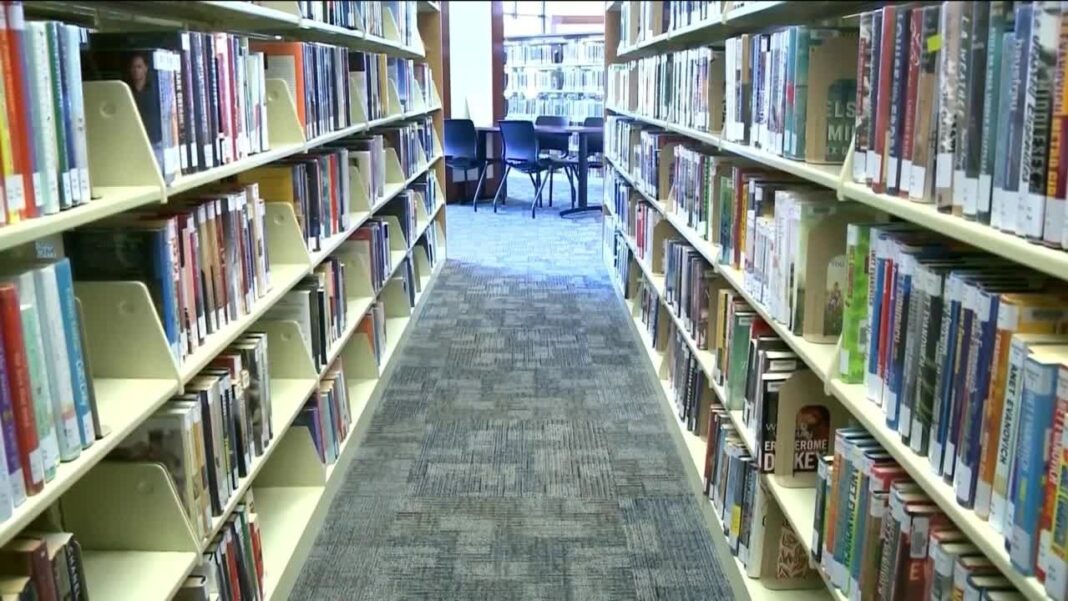
A federal judge ruled against a law banning books with sexually explicit content.
Iowa Gov. Kim Reynolds on Friday vowed to continue efforts to protect the children after a federal judge partially blocked a law that prohibits students from kindergarten through sixth grade from being provided instruction related to gender identity and sexual orientation.
“I’m extremely disappointed in today’s ruling. Instruction on gender identity and sexual orientation has no place in kindergarten through sixth-grade classrooms,” Ms. Reynolds said in a statement following the ruling.
“And there should be no question that books containing sexually explicit content—as clearly defined in Iowa law—do not belong in a school library for children.
“The fact that we’re even arguing these issues is ridiculous,” she continued. “The real debate should be about why society is so intent on oversexualizing our young children. It’s wrong, and I will continue to do my part to protect their innocence.”
In May, Ms. Reynolds signed Senate File 496 into law, a comprehensive bill addressing children, students, and parental rights. The legislation explicitly includes several provisions to restrict age-inappropriate instruction and give parents and guardians more ways to oversee and guide their child’s education with regard to these issues.
The other provisions in the law generally apply to or affect all levels from pre-K through grade 12. This includes banning any books that contain “descriptions or visual depictions of a sex act” from libraries and from classroom instruction. However, religious texts would be exempt.
One notable provision of the law is the prohibition of classroom instruction related to gender identity and sexual orientation for students in kindergarten through sixth grade.
Another notable provision of the law is the requirement for schools to notify parents if their child asks to use a different pronoun or begins to identify as another gender.
On Friday, District Judge Stephen Locher, finding the law to be “incredibly broad,” blocked parts of the legislation banning books that depict explicit sexual activity in school libraries and that bar discussions in state schools about LGBT and other gender identity matters.







